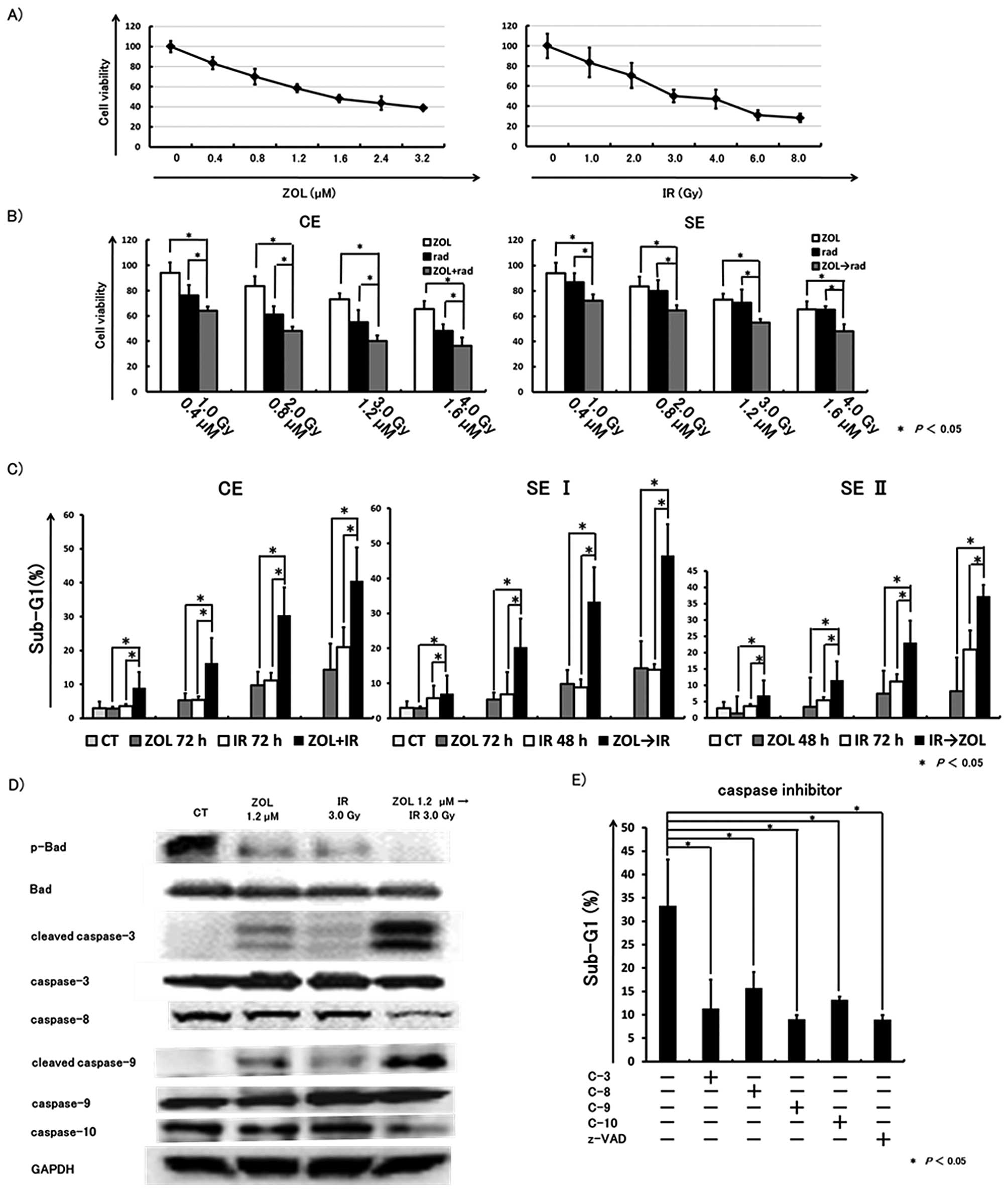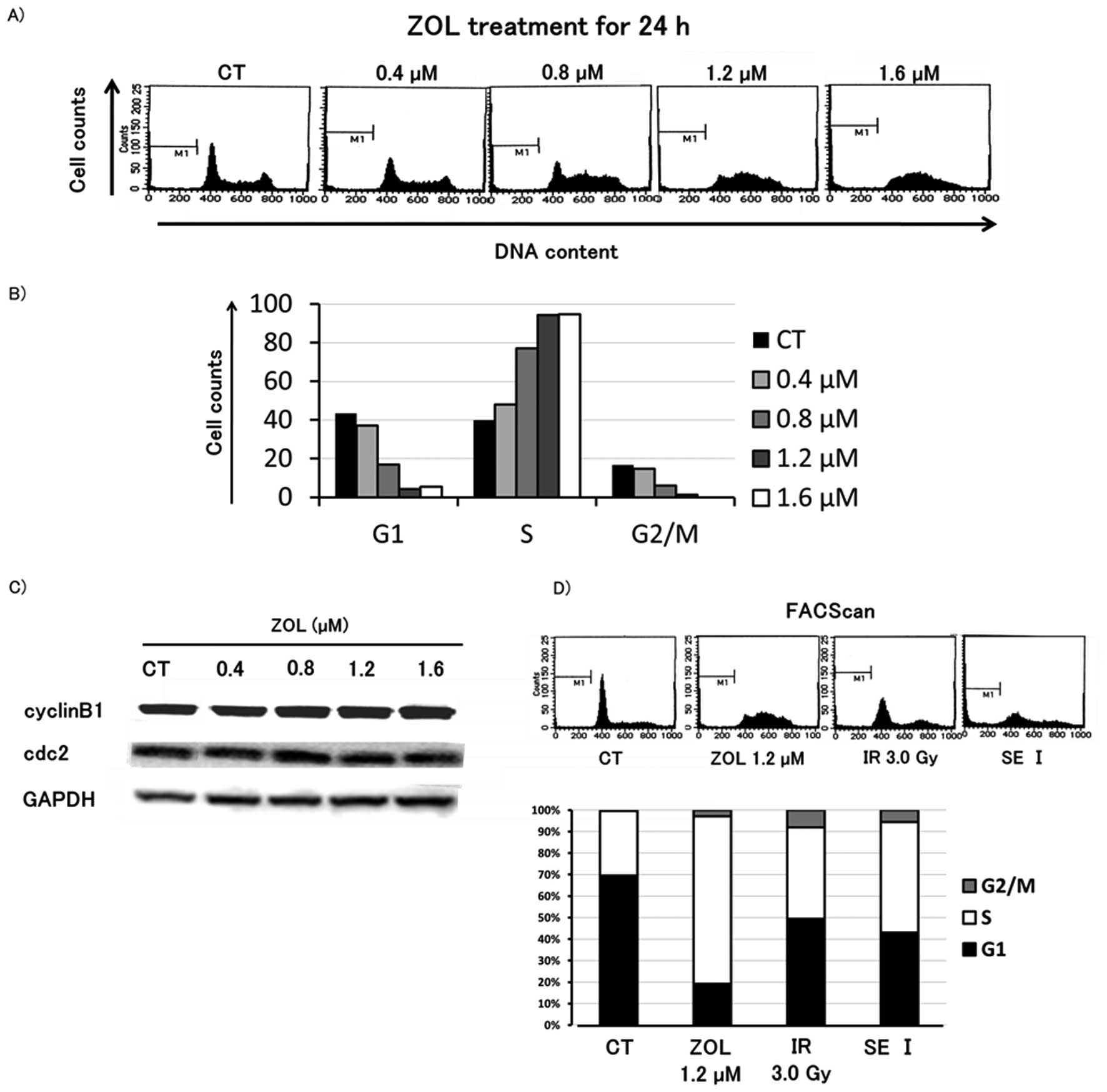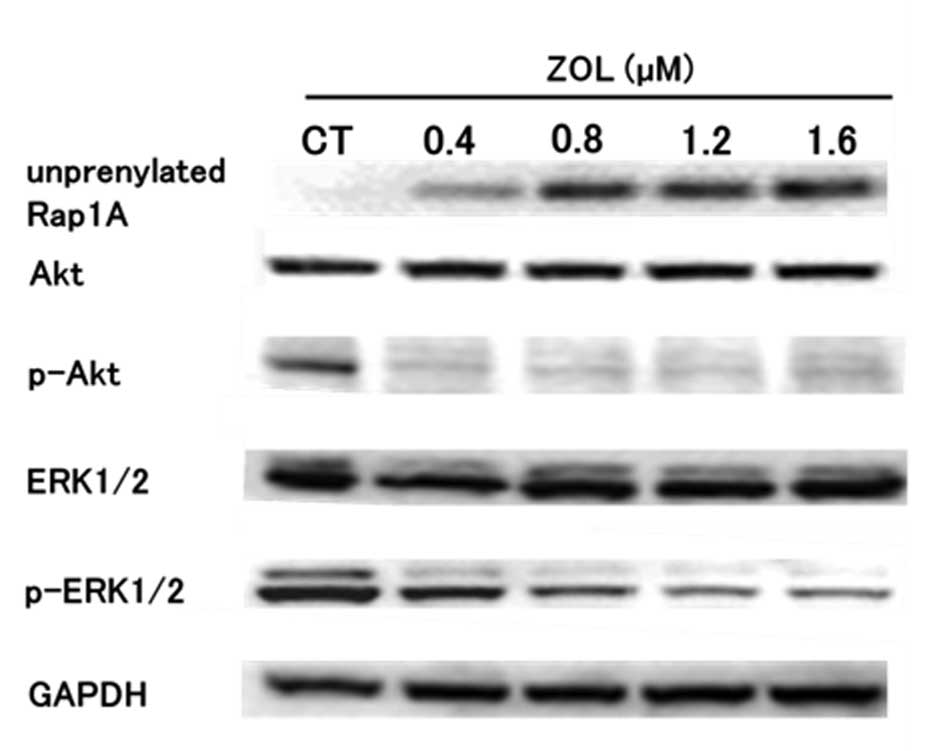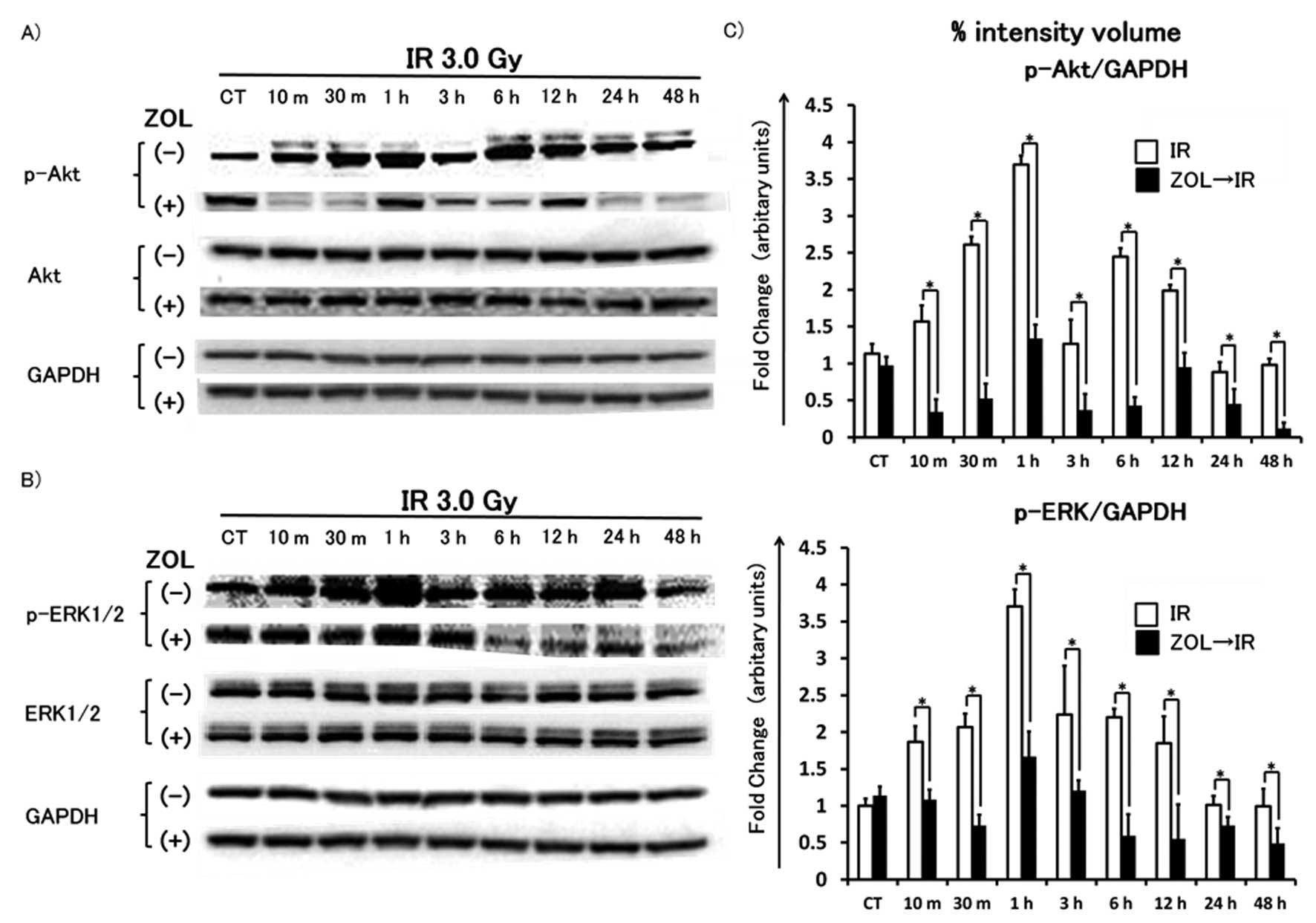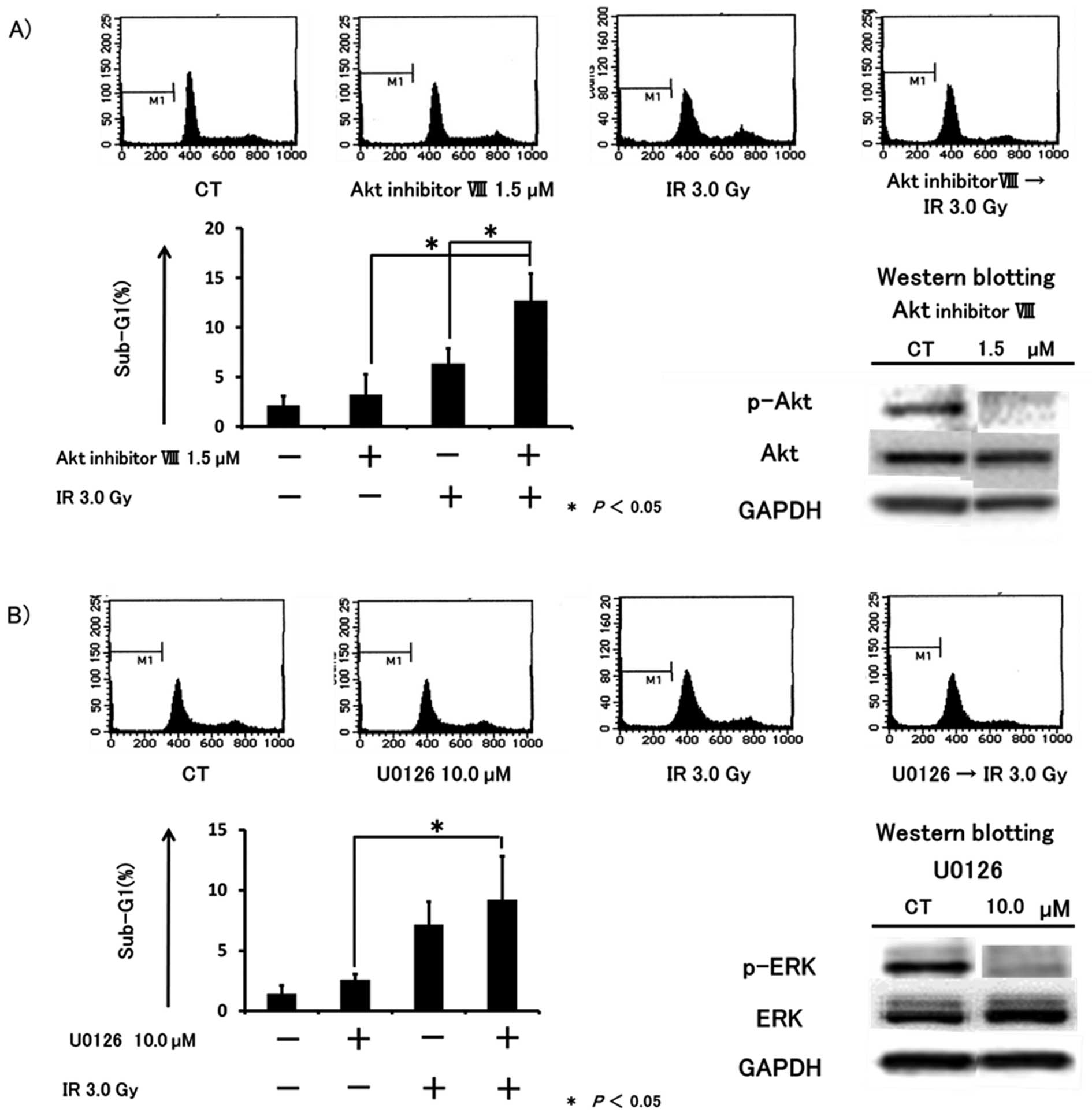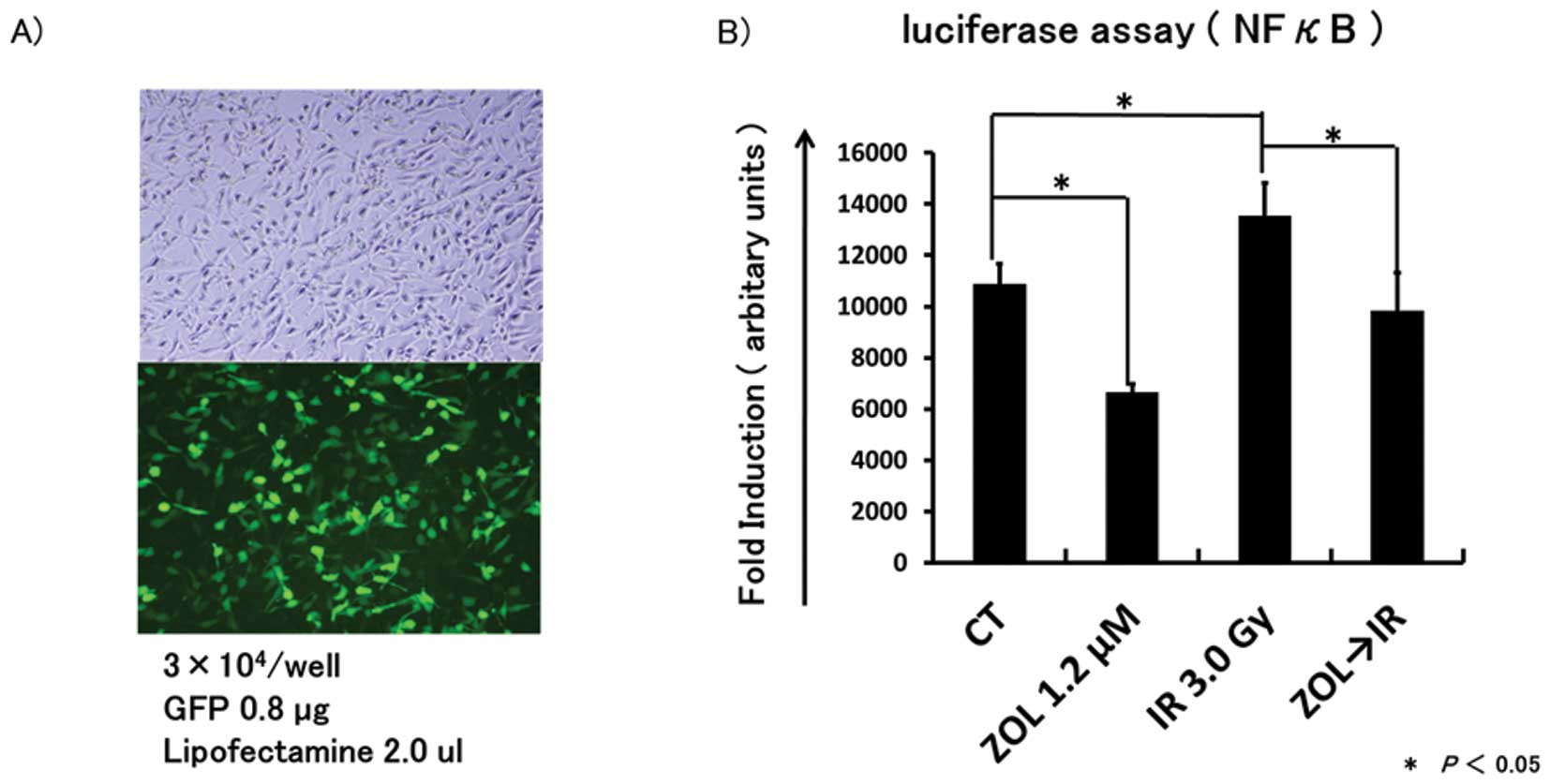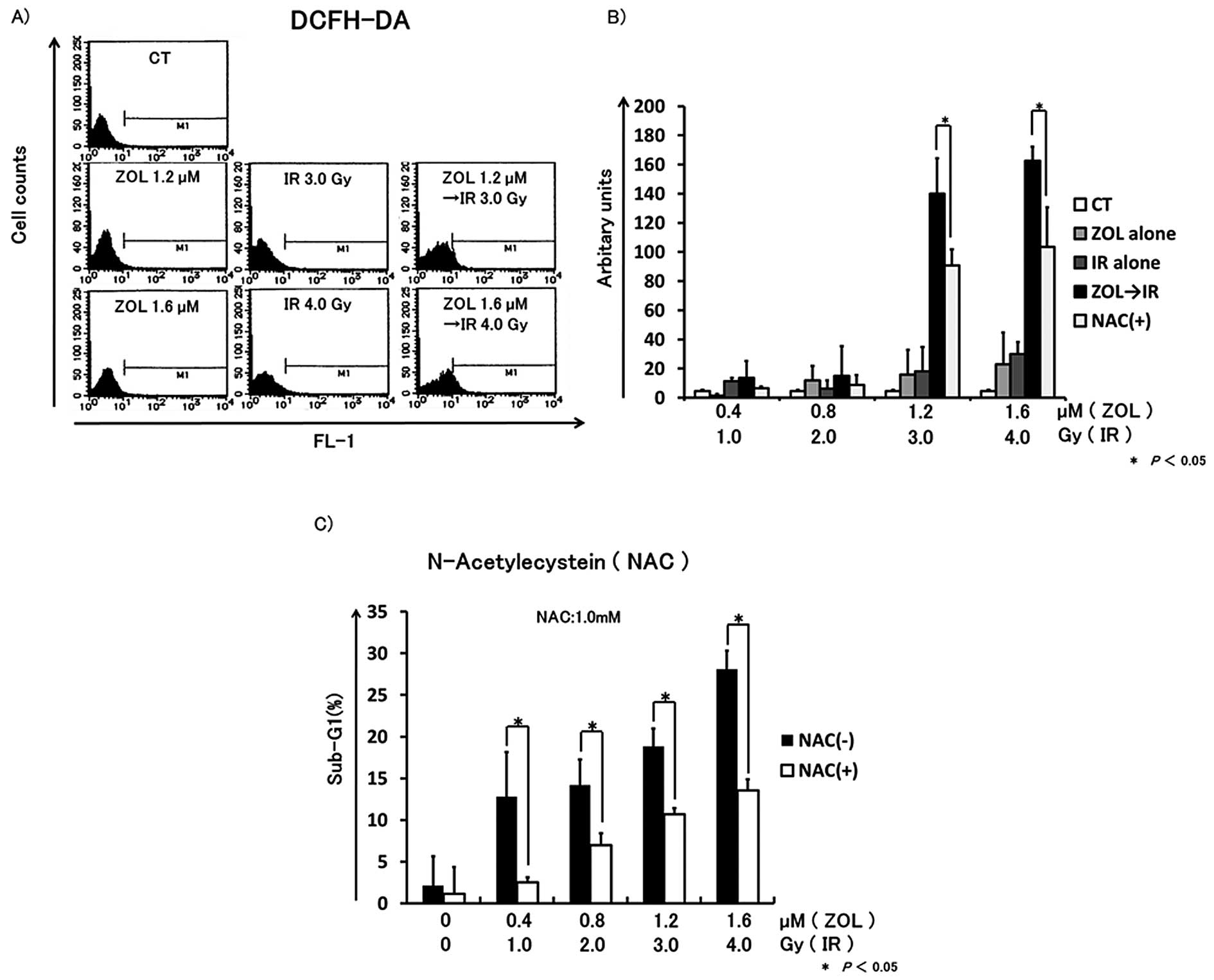|
1.
|
Pritchard DJ, Sim FH, Ivins JC, Soule EH
and Dahlin DC: Fibrosarcoma of bone and soft tissues of the trunk
and extremities. Orthop Clin North Am. 8:869–881. 1977.PubMed/NCBI
|
|
2.
|
Pritchard DJ, Soule EH, Taylor WF and
Ivins JC: Fibrosarcoma - a clinicopathologic and statistical study
of 199 tumors of the soft tissues of the extremities and trunk.
Cancer. 33:888–897. 1974. View Article : Google Scholar : PubMed/NCBI
|
|
3.
|
Scott SM, Reiman HM, Pritchard DJ and
Ilstrup DM: Soft tissue fibrosarcoma. A clinicopathologic study of
132 cases. Cancer. 64:925–931. 1989. View Article : Google Scholar : PubMed/NCBI
|
|
4.
|
Russell RG and Rogers MJ: Bisphosphonates:
from the laboratory to the clinic and back again. Bone. 25:97–106.
1999. View Article : Google Scholar : PubMed/NCBI
|
|
5.
|
Green JR: Antitumor effects of
bisphosphonates. Cancer. 97:840–847. 2003. View Article : Google Scholar : PubMed/NCBI
|
|
6.
|
Lee MV, Fong EM, Singer FR and Guenette
RS: Bisphosphonate treatment inhibits the growth of prostate cancer
cells. Cancer Res. 61:2602–2608. 2001.PubMed/NCBI
|
|
7.
|
Kubo T, Shimose S, Matsuo T, et al:
Inhibitory effects of a new bisphosphonate, minodronate, on
proliferation and invasion of a variety of malignant bone tumor
cells. J Orthop Res. 24:1138–1144. 2006. View Article : Google Scholar : PubMed/NCBI
|
|
8.
|
Koto K, Murata H, Kimura S, et al:
Zoledronic acid inhibits proliferation of human fibrosarcoma cells
with induction of apoptosis, and shows combined effects with other
anticancer agents. Oncol Rep. 24:233–239. 2010.
|
|
9.
|
Horie N, Murata H, Nishigaki Y, et al: The
third-generation bisphosphonates inhibit proliferation of murine
osteosarcoma cells with induction of apoptosis. Cancer Lett.
238:111–118. 2006. View Article : Google Scholar : PubMed/NCBI
|
|
10.
|
Horie N, Murata H, Kimura S, et al:
Combined effects of a third-generation bisphosphonate, zoledronic
acid with other anticancer agents against murine osteosarcoma. Br J
Cancer. 96:255–261. 2007. View Article : Google Scholar
|
|
11.
|
Koto K, Horie N, Kimura S, et al:
Clinically relevant dose of zoledronic acid inhibits spontaneous
lung metastasis in a murine osteosarcoma model. Cancer Lett.
274:271–278. 2009. View Article : Google Scholar : PubMed/NCBI
|
|
12.
|
Jagdev SP, Coleman RE, Shipman CM, Rostami
HA and Croucher PI: The bisphosphonate, zoledronic acid, induces
apoptosis of breast cancer cells: evidence for synergy with
paclitaxel. Br J Cancer. 84:1126–1134. 2001. View Article : Google Scholar : PubMed/NCBI
|
|
13.
|
Kubo T, Shimose S, Matsuo T, Sakai A and
Ochi M: Efficacy of a nitrogen-containing bisphosphonate,
minodronate, in conjunction with a p38 mitogen activated protein
kinase inhibitor or doxorubicin against malignant bone tumor cells.
Cancer Chemother Pharmacol. 62:111–116. 2008. View Article : Google Scholar
|
|
14.
|
Ottewell PD, Monkkonen H, Jones M, Lefley
DV, Coleman RE and Holen I: Antitumor effects of doxorubicin
followed by zoledronic acid in a mouse model of breast cancer. J
Natl Cancer Inst. 100:1167–1178. 2008. View Article : Google Scholar
|
|
15.
|
Ural AU, Avcu F, Candir M, Guden M and
Ozcan MA: In vitro synergistic cytoreductive effects of zoledronic
acid and radiation on breast cancer cells. Breast Cancer Res.
8:R522006. View
Article : Google Scholar : PubMed/NCBI
|
|
16.
|
Algur E, Macklis RM and Hafeli UO:
Synergistic cytotoxic effects of zoledronic acid and radiation in
human prostate cancer and myeloma cell lines. Int J Radiat Oncol
Biol Phys. 61:535–542. 2005. View Article : Google Scholar : PubMed/NCBI
|
|
17.
|
Milas L, Hunter NR, Mason KA, Kurdoglu B
and Peters LJ: Enhancement of tumor radioresponse of a murine
mammary carcinoma by paclitaxel. Cancer Res. 54:3506–3510.
1994.PubMed/NCBI
|
|
18.
|
Tishler RB, Geard CR, Hall EJ and Schiff
PB: Taxol sensitizes human astrocytoma cells to radiation. Cancer
Res. 52:3495–3497. 1992.PubMed/NCBI
|
|
19.
|
Acharya A, Das I, Chandhok D and Saha T:
Redox regulation in cancer: a double-edged sword with therapeutic
potential. Oxid Med Cell Longev. 3:23–34. 2010. View Article : Google Scholar : PubMed/NCBI
|
|
20.
|
Sedelnikova OA, Redon CE, Dickey JS,
Nakamura AJ, Georgakilas AG and Bonner WM: Role of oxidatively
induced DNA lesions in human pathogenesis. Mutat Res. 704:152–159.
2010. View Article : Google Scholar : PubMed/NCBI
|
|
21.
|
Ahmed KM and Li JJ: NF-kappa B-mediated
adaptive resistance to ionizing radiation. Free Radic Biol Med.
44:1–13. 2008. View Article : Google Scholar : PubMed/NCBI
|
|
22.
|
Hansen MB, Nielsen SE and Berg K:
Re-examination and further development of a precise and rapid dye
method for measuring cell growth/cell kill. J Immunol Methods.
119:203–210. 1989. View Article : Google Scholar : PubMed/NCBI
|
|
23.
|
Ram R, Uziel O, Eldan O, et al: Ionizing
radiation up-regulates telomerase activity in cancer cell lines by
post-translational mechanism via ras/phosphatidylinositol
3-kinase/Akt pathway. Clin Cancer Res. 15:914–923. 2009. View Article : Google Scholar : PubMed/NCBI
|
|
24.
|
Zingg D, Riesterer O, Fabbro D, Glanzmann
C, Bodis S and Pruschy M: Differential activation of the
phosphatidylinositol 3’-kinase/Akt survival pathway by ionizing
radiation in tumor and primary endothelial cells. Cancer Res.
64:5398–5406. 2004.
|
|
25.
|
Wang CY, Mayo MW and Baldwin AS Jr: TNF-
and cancer therapy-induced apoptosis: potentiation by inhibition of
NF-kappaB. Science. 274:784–787. 1996. View Article : Google Scholar : PubMed/NCBI
|
|
26.
|
Ryu K, Murata H, Koto K, et al: Combined
effects of bisphosphonate and radiation on osteosarcoma cells.
Anticancer Res. 30:2713–2720. 2010.PubMed/NCBI
|
|
27.
|
Morgan WF and Murnane JP: A role for
genomic instability in cellular radioresistance? Cancer Metastasis
Rev. 14:49–58. 1995. View Article : Google Scholar : PubMed/NCBI
|
|
28.
|
Morgan WF: Is there a common mechanism
underlying genomic instability, bystander effects and other
nontargeted effects of exposure to ionizing radiation? Oncogene.
22:7094–7099. 2003. View Article : Google Scholar
|
|
29.
|
Ch’ang HJ, Maj JG, Paris F, et al: ATM
regulates target switching to escalating doses of radiation in the
intestines. Nat Med. 11:484–490. 2005.PubMed/NCBI
|
|
30.
|
Stecca C and Gerber GB: Adaptive response
to DNA-damaging agents: a review of potential mechanisms. Biochem
Pharmacol. 55:941–951. 1998. View Article : Google Scholar : PubMed/NCBI
|
|
31.
|
Spitz DR, Azzam EI, Li JJ and Gius D:
Metabolic oxidation/reduction reactions and cellular responses to
ionizing radiation: a unifying concept in stress response biology.
Cancer Metastasis Rev. 23:311–322. 2004. View Article : Google Scholar : PubMed/NCBI
|
|
32.
|
Schieven GL, Kirihara JM, Myers DE,
Ledbetter JA and Uckun FM: Reactive oxygen intermediates activate
NF-kappa B in a tyrosine kinase-dependent mechanism and in
combination with vanadate activate the p561ck and p59fyn tyrosine
kinases in human lymphocytes. Blood. 82:1212–1220. 1993.
|
|
33.
|
Guo G, Wang T, Gao Q, et al: Expression of
ErbB2 enhances radiation-induced NF-kappaB activation. Oncogene.
23:535–545. 2004. View Article : Google Scholar : PubMed/NCBI
|
|
34.
|
Blonska M, You Y, Geleziunas R and Lin X:
Restoration of NF-kappaB activation by tumor necrosis factor alpha
receptor complex-targeted MEKK3 in receptor-interacting
protein-deficient cells. Mol Cell Biol. 24:10757–10765. 2004.
View Article : Google Scholar
|
|
35.
|
Chen G and Goeddel DV: TNF-R1 signaling: a
beautiful pathway. Science. 296:1634–1635. 2002. View Article : Google Scholar : PubMed/NCBI
|
|
36.
|
Dent P, Yacoub A, Fisher PB, Hagan MP and
Grant S: MAPK pathways in radiation responses. Oncogene.
22:5885–5896. 2003. View Article : Google Scholar : PubMed/NCBI
|
|
37.
|
Tang G, Minemoto Y, Dibling B, et al:
Inhibition of JNK activation through NF-kappaB target genes.
Nature. 414:313–317. 2001. View Article : Google Scholar : PubMed/NCBI
|
|
38.
|
Chen X, Shen B, Xia L, et al: Activation
of nuclear factor kappaB in radioresistance of TP53-inactive human
keratinocytes. Cancer Res. 62:1213–1221. 2002.PubMed/NCBI
|
|
39.
|
Kim IA, Bae SS, Fernandes A, et al:
Selective inhibition of Ras, phosphoinositide 3 kinase, and Akt
isoforms increases the radiosensitivity of human carcinoma cell
lines. Cancer Res. 65:7902–7910. 2005.PubMed/NCBI
|
|
40.
|
Toulany M, Kasten-Pisula U, Brammer I, et
al: Blockage of epidermal growth factor
receptor-phosphatidylinositol 3-kinase-AKT signaling increases
radiosensitivity of K-RAS mutated human tumor cells in vitro by
affecting DNA repair. Clin Cancer Res. 12:4119–4126. 2006.
View Article : Google Scholar
|
|
41.
|
Toulany M, Kehlbach R, Florczak U, et al:
Targeting of AKT1 enhances radiation toxicity of human tumor cells
by inhibiting DNA-PKcs-dependent DNA double-strand break repair.
Mol Cancer Ther. 7:1772–1781. 2008. View Article : Google Scholar : PubMed/NCBI
|
|
42.
|
Mandic A, Viktorsson K, Heiden T, Hansson
J and Shoshan MC: The MEK1 inhibitor PD98059 sensitizes C8161
melanoma cells to cisplatin-induced apoptosis. Melanoma Res.
11:11–19. 2001. View Article : Google Scholar : PubMed/NCBI
|
|
43.
|
Smalley KS and Eisen TG: Farnesyl
thiosalicylic acid inhibits the growth of melanoma cells through a
combination of cytostatic and pro-apoptotic effects. Int J Cancer.
98:514–522. 2002. View Article : Google Scholar : PubMed/NCBI
|
|
44.
|
Spry M, Scott T, Pierce H and D’Orazio JA:
DNA repair pathways and hereditary cancer susceptibility syndromes.
Front Biosci. 12:4191–4207. 2007. View
Article : Google Scholar : PubMed/NCBI
|
|
45.
|
Cooke MS, Evans MD, Dizdaroglu M and Lunec
J: Oxidative DNA damage: mechanisms, mutation, and disease. FASEB
J. 17:1195–1214. 2003. View Article : Google Scholar : PubMed/NCBI
|
|
46.
|
Dhar A, Young MR and Colburn NH: The role
of AP-1, NF-kappaB and ROS/NOS in skin carcinogenesis: the JB6
model is predictive. Mol Cell Biochem. 234–235:185–193.
2002.PubMed/NCBI
|
|
47.
|
Hunt CR, Sim JE, Sullivan SJ, et al:
Genomic instability and catalase gene amplification induced by
chronic exposure to oxidative stress. Cancer Res. 58:3986–3992.
1998.PubMed/NCBI
|
|
48.
|
Wong GH: Protective roles of cytokines
against radiation: induction of mitochondrial MnSOD. Biochim
Biophys Acta. 1271:205–209. 1995. View Article : Google Scholar : PubMed/NCBI
|
|
49.
|
Pommier Y, Barcelo JM, Rao VA, et al:
Repair of topoisomerase I-mediated DNA damage. Prog Nucleic Acid
Res Mol Biol. 81:179–229. 2006. View Article : Google Scholar : PubMed/NCBI
|
|
50.
|
Sordet O, Redon CE, Guirouilh-Barbat J, et
al: Ataxia telangiectasia mutated activation by transcription- and
topoisomerase I-induced DNA double-strand breaks. EMBO Rep.
10:887–893. 2009. View Article : Google Scholar : PubMed/NCBI
|















